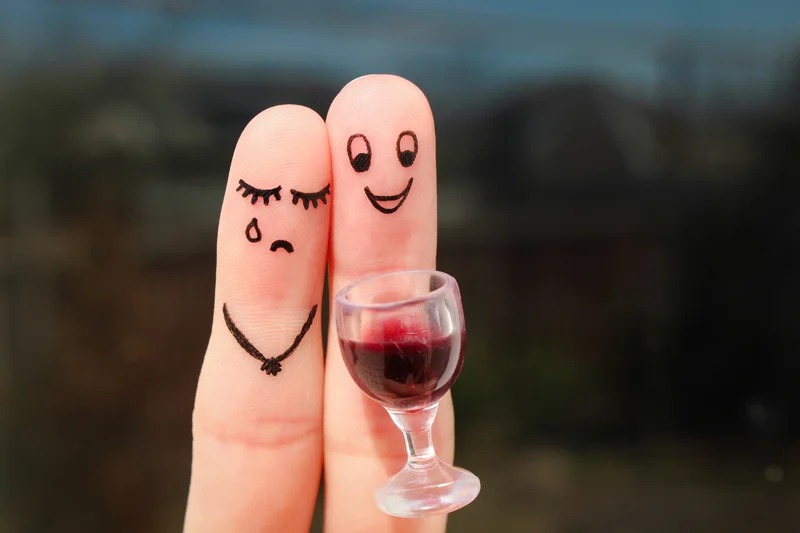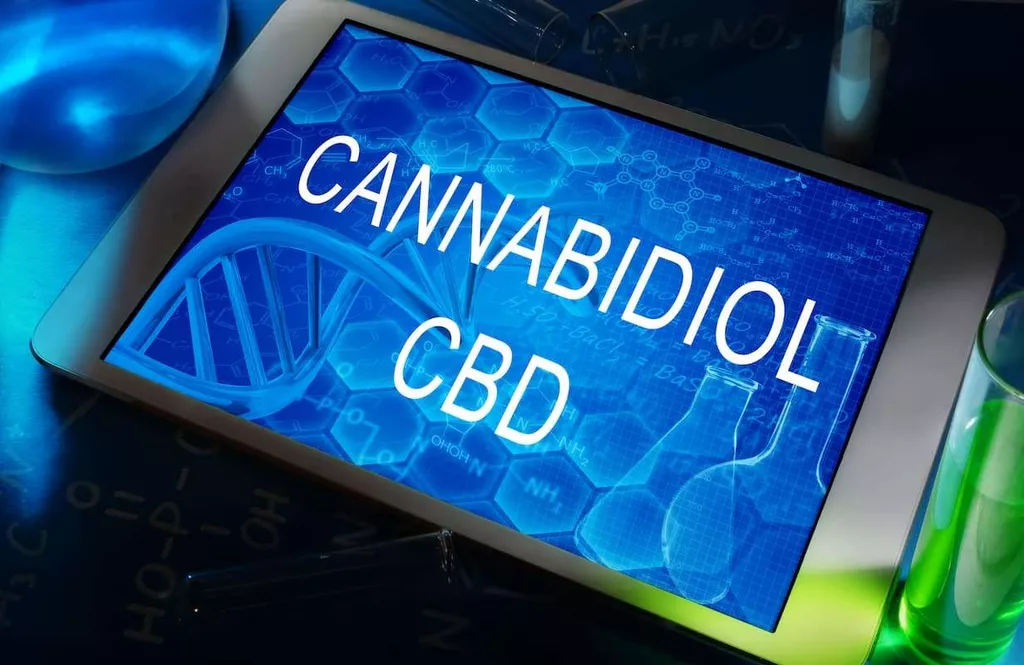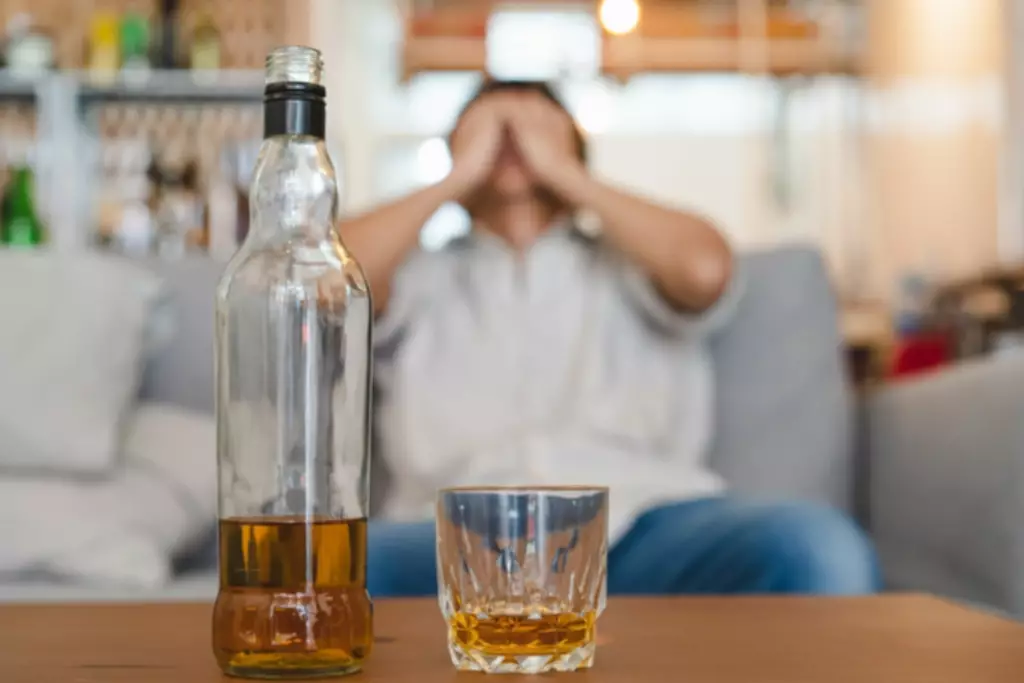
What might feel like a slight buzz to one person could significantly impair another’s judgment and reflexes. A person is sober or low-level intoxicated if they have consumed one or fewer alcoholic drinks per hour. Given these potential risks, it’s essential for individuals to make informed decisions about their nicotine use and prioritize their health and well-being. Generally, the human body metabolizes alcohol at a rate of approximately one standard drink per hour. However, this rate can vary depending on factors such as age, weight, sex, and overall health. Additionally, the type of drink consumed can also impact the metabolism rate.
Will I pass a breathalyzer after 10 hours?

Alcohol affects the brain and every part of the body on a cellular level. In addition to being the most commonly abused drug, alcohol is probably the most dangerous drug. The time it takes to feel a Nicotine Buzz depends on the method of consumption.
Signs and Symptoms of Being Tipsy
As alcohol passes through your system, it is broken down into substances that your body can gradually make use of. This means that with time, the effects of alcohol will begin to dissipate and you will start to become sober. People who haven’t consumed alcohol in a while may feel the effects of alcohol faster than those who drink regularly. Women tend to become intoxicated more quickly, since their bodies tend to absorb alcohol more quickly than men’s. As you’ve already seen from the discussions above, there are different levels of cannabis impairment.

Do you get buzzed or tipsy first?
- According to Weedmaps, the basic definition of stoned (pronounced stəʊnd or stōnd) is experiencing the effects of the intoxication of Cannabis.
- In addition to the long term effects of binge drinking, one side effect can include what’s known as the spins, or severe dizziness caused by drinking too much alcohol.
- Sobriety is a complex process that can take time and cannot be rushed.
- Ultimately, being drunk feels different for everyone, but it is typically characterized by relaxation and increased sensitivity.
- He or she may be overcome with shame or guilt, and this can lead to extreme sadness and sorrow.
However, it’s important to note that alcohol affects people differently, and not everyone may experience the same effects or express themselves the same way when drunk. It is also important to note that individuals who repeatedly fake being drunk may struggle to form genuine connections or friendships based on their true selves. Lastly, past experiences and cultural norms may also influence why a person becomes more flirtatious after drinking. In some cultures, it is more socially acceptable to be flirty when drinking, contributing to the behavior. Alcohol affects the prefrontal cortex of the brain, which is responsible for decision-making, judgment, and impulse control.
A Nicotine Buzz, often simply referred to as a “buzz,” is the physiological and psychological response that occurs after the intake of Nicotine. It’s characterized by a sense of heightened alertness, increased heart rate, and a mild feeling of euphoria. This can involve identifying the triggers that make you want to vape and finding ways to avoid them. For example, if you tend to vape when you’re stressed, you could try practicing relaxation techniques like deep breathing or meditation. You could also try replacing vaping with a healthier habit, like going for a walk or drinking a glass of water.

- Epinephrine, more commonly known as adrenaline, also comes into play.
- In our experience, more than 10 shots of vodka will leave you feeling extremely drunk.
- The nicotine buzz is a complex phenomenon that arises from nicotine’s intricate interaction with the body’s nervous system and brain.
- While it’s certainly highly addictive, nicotine isn’t necessarily as harmful as it’s been believed for decades.
- That aspect seems to stem from the fact that alcohol increases activity in the dopamine neurons in the mesolimbic reward pathway, as well as opioid cells that release endorphins.
Even those who’ve used nicotine for years can experience a buzz after ingesting the substance, especially after switching to a new delivery method. Terpenes control cannabis flavor and aroma, and they also influence its effects. For example, the terpene limonene is uplifting and energizing, while the terpene myrcene promotes restful sleep and soothes aches and pains in the body. The less-abundant minor cannabinoids, such as CBG and CBN, also affect how it feels to be stoned. In general, after the nicotine buzz has kicked in, the “high” will start fading pretty quickly. However, if you’ve vaped or Substance abuse smoked a great deal to experience a stronger buzz, the nicotine buzz may last for about thirty minutes or more.
Factors Influencing Alcohol Effects
In this blog post, we’ll explore the sensation known as “the buzz” and describe what it feels like. With time, this can how does being buzzed feel drive the habitual use of nicotine-containing products, leading to an addiction. Nicotine interacts with dopamine pathways in the brain’s reward system, which leads to experiencing fleeting feelings of pleasure and satisfaction.
